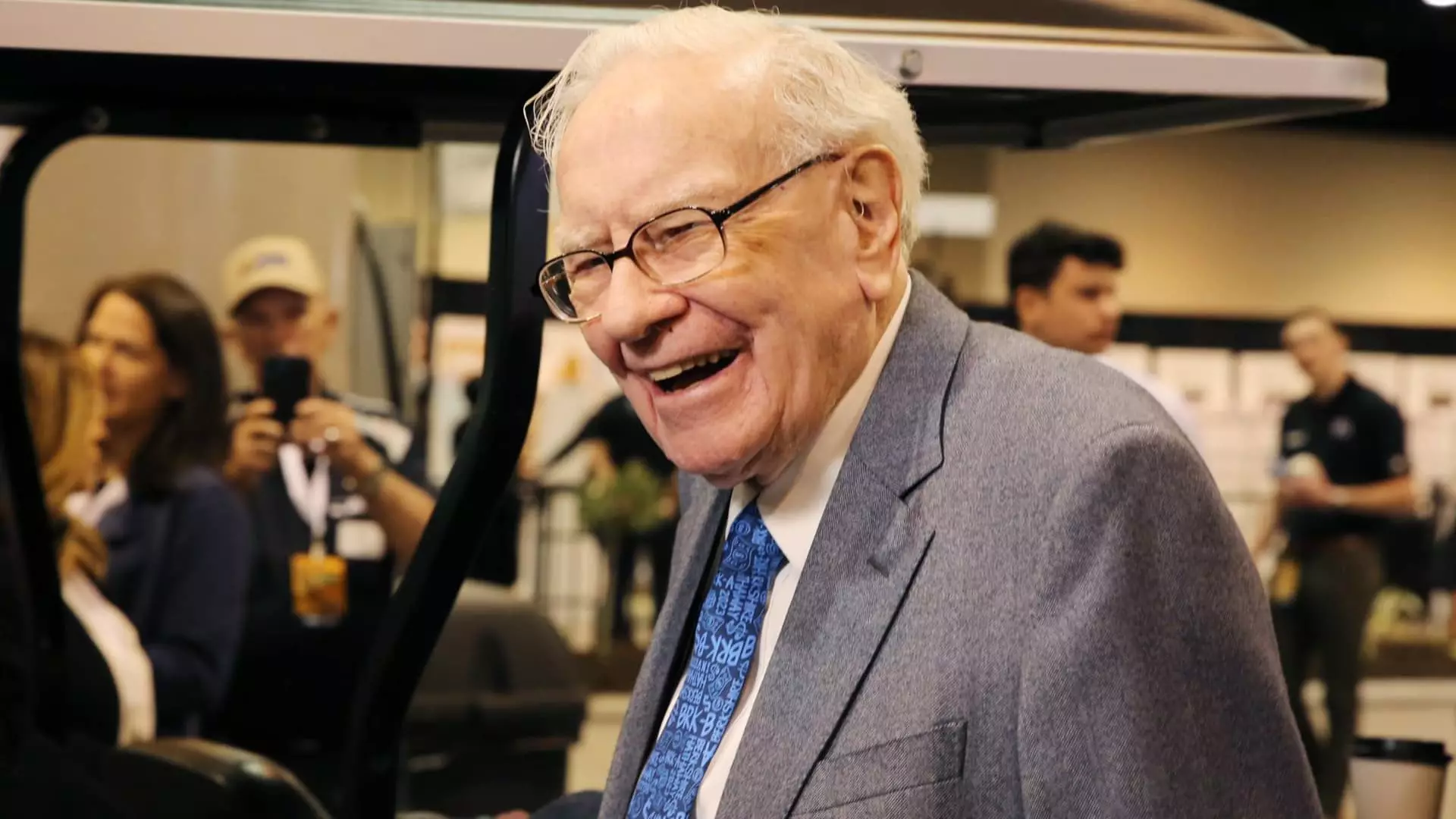Recently, Warren Buffett’s Berkshire Hathaway reached a remarkable milestone by becoming the first non-technology company in the U.S. to achieve a $1 trillion market capitalization. This achievement marked a significant moment in the company’s history and underscored its resilience and strategic vision.
Berkshire Hathaway’s success can be attributed to its diverse portfolio of businesses, ranging from insurance and railroad to retail and energy. Unlike other trillion-dollar companies like Apple, Microsoft, or Amazon, Berkshire Hathaway is known for its old-economy focus, with businesses like BNSF Railway, Geico Insurance, and Dairy Queen under its umbrella. Despite its traditional approach, Berkshire Hathaway has proven to be a lucrative investment for many shareholders.
Warren Buffett, often referred to as the “Oracle of Omaha,” took control of Berkshire Hathaway in the 1960s when it was a struggling textile business. Over the years, he transformed it into a sprawling empire with an unmatched balance sheet and cash reserves. Despite his reputation for not timing the market, Buffett’s recent moves, including selling off a significant portion of his Apple stake and increasing the company’s cash pile to a record $277 billion, have raised eyebrows on Wall Street.
The recent surge in Berkshire Hathaway’s market value has sparked debates among investors about the reasons behind this growth. Some view it as a bet on the American economy and Buffett’s ability to steer the company through challenging times, while others see it as a safe haven in the face of economic uncertainty. With Berkshire Hathaway’s solid performance in the second quarter and its focus on high-quality investments, analysts like Brian Meredith from UBS have raised their earnings estimates for the company.
One of the distinctive characteristics of Berkshire Hathaway is its unique share structure. The company’s Class A shares have one of the highest price tags on Wall Street, selling for significantly more than the median price of a home in the U.S. Buffett’s decision not to split the stock has been driven by his belief that a high share price attracts long-term, quality-oriented investors. Additionally, the introduction of Class B shares in 1996 provided smaller investors with an opportunity to own a part of Berkshire Hathaway at a more affordable price.
As Berkshire Hathaway continues to expand its presence in various industries and navigate changing market conditions, the company’s market value is expected to rise further. Analysts project a bullish outlook for the company, with price targets exceeding current levels. The combination of Berkshire Hathaway’s strong fundamentals, diversified business model, and Buffett’s proven leadership has positioned the company for sustained growth in the years to come.
Berkshire Hathaway’s achievement of a $1 trillion market capitalization reflects the company’s resilience, strategic vision, and ability to adapt to changing market dynamics. Warren Buffett’s leadership and investment philosophy have been instrumental in shaping the company’s success, making it a leading player in the business world. As Berkshire Hathaway continues to thrive and evolve, investors will be closely watching its performance and future growth prospects.

